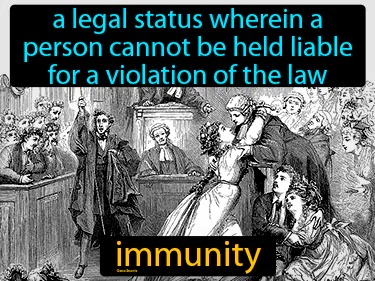Global Age, Europe and the Americas 1420-1750
History
alliance
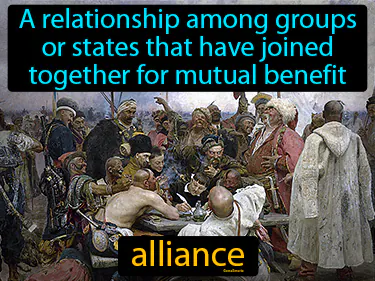
A relationship among groups or states that have joined together for mutual benefit. Alliance. In History, an alliance is when countries or groups agree to help each other for a common purpose.
Bartolome de Las Casas
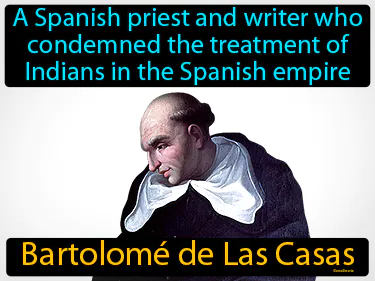
A Spanish priest and writer who condemned the treatment of Indians in the Spanish empire. Bartolome de Las Casas was an early advocate for the rights of indigenous people in the Americas.
capitalism
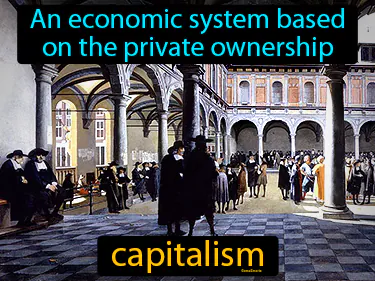
An economic system based on the private ownership. Capitalism. It is a system where individuals and businesses own and operate the means of production and trade to generate profit, emerging prominently during the Industrial Revolution.
civil war
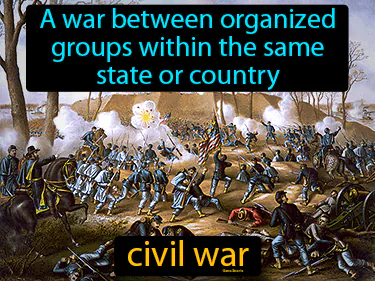
A war between organized groups within the same state or country. Civil war. A civil war is a conflict where groups within the same country fight each other for control or change.
Columbian Exchange
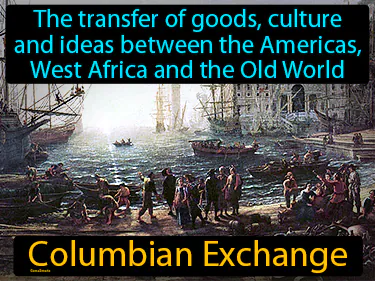
The transfer of goods, culture, and ideas between the Americas, West Africa, and the Old World Columbian Exchange. The Columbian Exchange refers to the widespread exchange of plants, animals, people, and ideas between the Americas and the rest of the world following Columbus's voyages.
compact
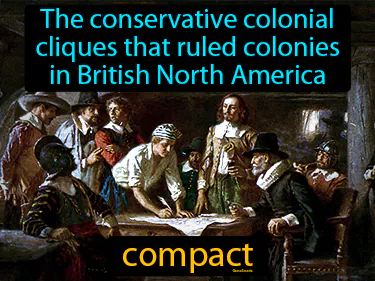
The conservative colonial cliques that ruled colonies in British North America. Compact. In History, a compact is an agreement or covenant among people or entities.
conquistador
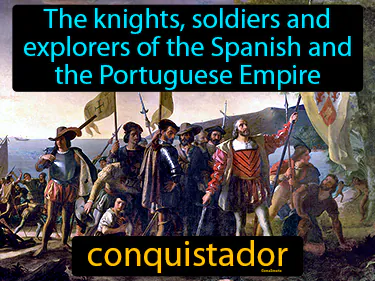
The knights, soldiers, and explorers of the Spanish and the Portuguese Empire. Conquistador. A conquistador was a Spanish or Portuguese conqueror who explored and took over lands in the Americas during the 16th century.
Creole
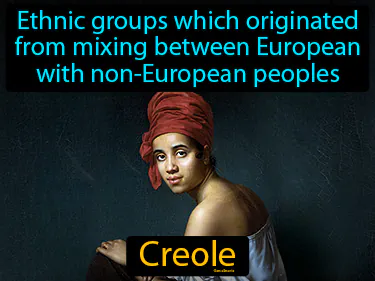
Ethnic groups which originated from mixing between European with non-European peoples. Creole. Creole refers to cultures and languages that developed in colonies from mixing between European settlers and non-European indigenous or enslaved peoples.
encomienda
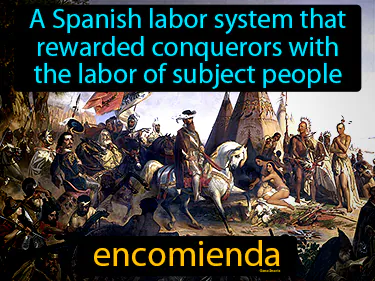
A Spanish labor system that rewarded conquerors with the labor of subject people. Encomienda. Encomienda was a system where Spanish conquistadors were granted the right to extract labor and tribute from indigenous people they controlled.
entrepreneurs

Someone who designs, launches, and runs a new business. Entrepreneurs are individuals who drive innovation and economic growth by starting new ventures throughout history.
Francisco Pizarro
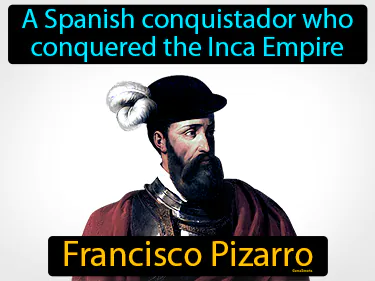
A Spanish conquistador who conquered the Inca Empire. Francisco Pizarro. He was a leader who expanded Spanish influence in South America by overthrowing the Inca Empire.
French and Indian War
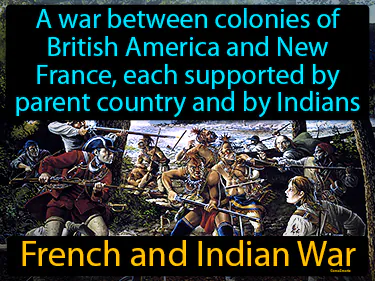
A war between colonies of British America and New France, each supported by parent country and by Indians. The French and Indian War was a conflict between Britain and France in North America from 1754 to 1763, involving both colonial and Native American allies.
Hernan Cortes
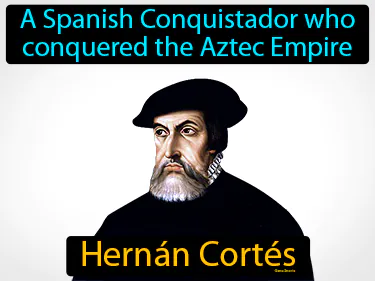
A Spanish Conquistador who conquered the Aztec Empire. Hernan Cortes. Hernan Cortes was the leader who defeated the Aztecs and claimed Mexico for Spain.
inflation
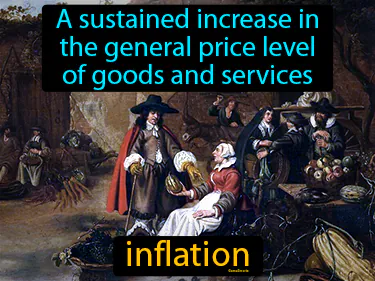
A sustained increase in the general price level of goods and services. Inflation. Throughout history, inflation has meant that people can buy less with the same amount of money.
Malinche
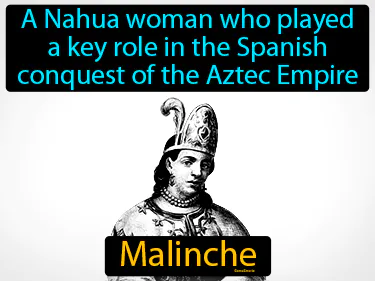
A Nahua woman who played a key role in the Spanish conquest of the Aztec Empire. Malinche. Malinche was an indigenous interpreter and advisor to Spanish conquistador Hernn Corts.
mercantilism
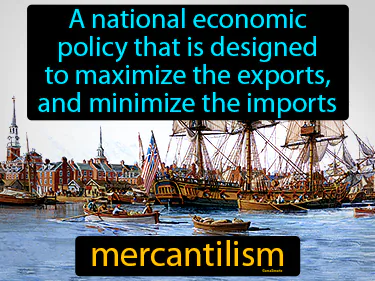
A national economic policy that is designed to maximize the exports, and minimize the imports. Mercantilism. Mercantilism is a historical economic system where nations sought to increase wealth by hoarding gold and silver and boosting exports over imports.
mestizo
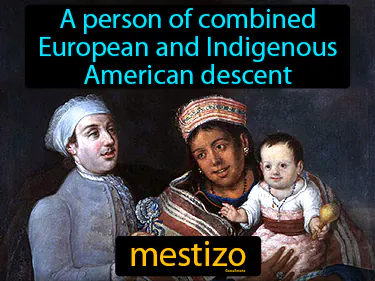
A person of combined European and Indigenous American descent. Mestizo. In history, mestizo refers to individuals born from the union of European colonizers and Indigenous peoples in Latin America during the colonial period.
Middle Passage
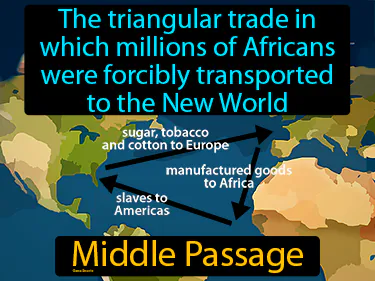
The triangular trade in which millions of Africans were forcibly transported to the New World. Middle Passage. The Middle Passage was the horrendous sea journey endured by enslaved Africans as they were shipped to the Americas.
Moctezuma
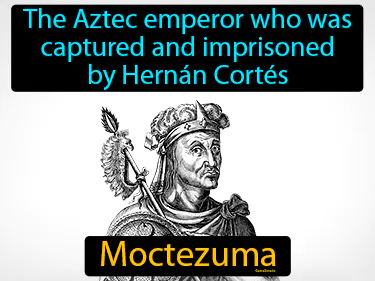
The Aztec emperor who was captured and imprisoned by Hernan Cortes. Moctezuma. Moctezuma was a leader of the Aztec Empire during the time of the Spanish conquest.
mulatto
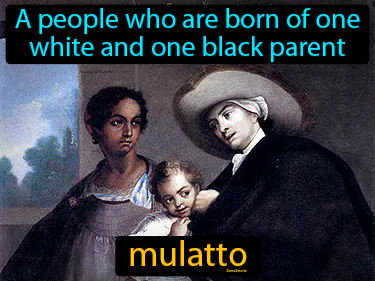
A people who are born of one white and one black parent. Mulatto. In history, the term "mulatto" was used to describe individuals of mixed European and African ancestry.
mutiny
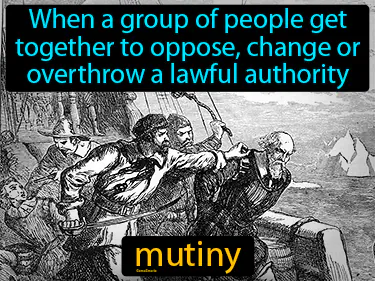
When a group of people get together to oppose, change or overthrow a lawful authority. Mutiny. In history, mutiny refers to a rebellion by a group of individuals, such as soldiers or sailors, against the leaders in charge.
New France
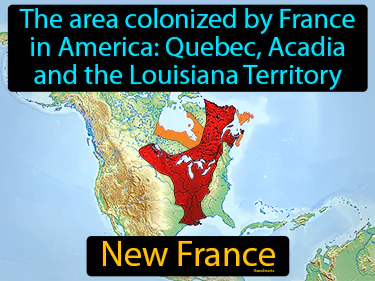
The area colonized by France in America Quebec, Acadia and the Louisiana Territory. New France. New France was the group of French colonies in North America during the 16th to 18th centuries.
Olaudah Equiano
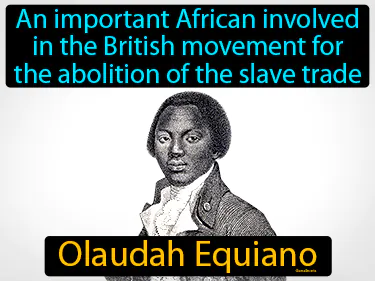
An important African involved in the British movement for the abolition of the slave trade Olaudah Equiano. Olaudah Equiano was a former enslaved person who became a leading activist and writer, helping to end the British slave trade.
peninsulares
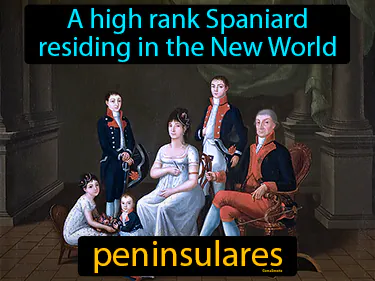
A high rank Spaniard residing in the New World. Peninsulares. Peninsulares were Spaniards born in Spain who moved to colonies in the Americas and held top positions in society and government.
peon
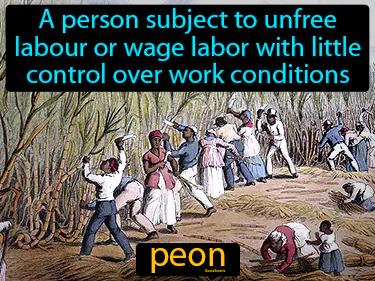
A person subject to unfree labour or wage labor with little control over work conditions. peon. Historically, a peon was a worker in colonial Latin America who was bound to land and labor through debt.
Pilgrims
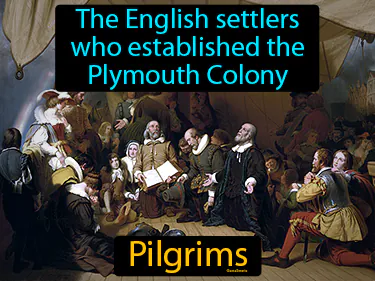
The English settlers who established the Plymouth Colony. Pilgrims. Pilgrims were a group of early settlers who traveled from England to America in 1620 seeking religious freedom.
price revolution
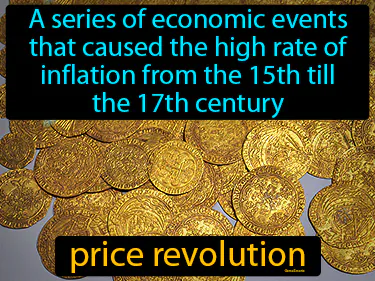
A series of economic events that caused the high rate of inflation from the 15th till the 17th century. Price revolution. The Price Revolution was a period of high inflation in Europe, largely due to the influx of silver from the Americas increasing the money supply.
privateer
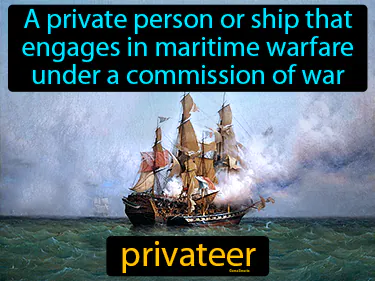
A private person or ship that engages in maritime warfare under a commission of war. Privateer. Privateers were privately-owned ships authorized by a government during wartime to attack enemy vessels.
revenue
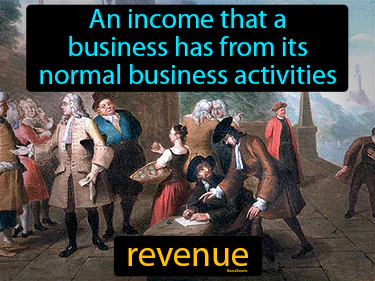
An income that a business has from its normal business activities. Revenue. In history, revenue is the money a government collects from taxes to fund public projects and services.
tariff
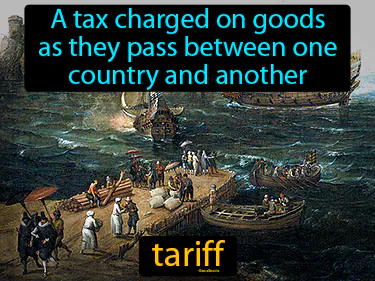
A tax charged on goods as they pass between one country and another. Tariff. In history, a tariff is a tax imposed by a government on imported or exported goods to control trade and generate revenue.
Tenochtitlan
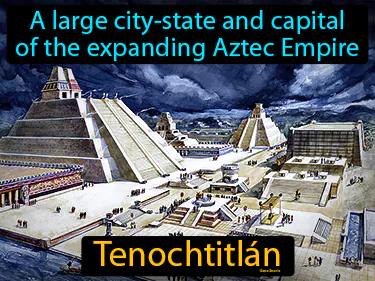
A large city-state and capital of the expanding Aztec Empire. Tenochtitlan. It was the main city of the Aztec civilization, located in present-day Mexico City.
Treaty of Paris
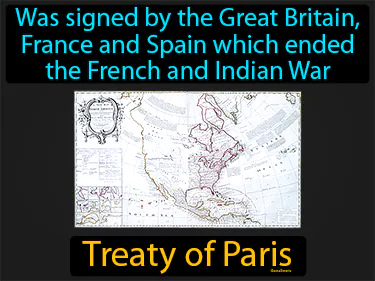
Was signed by the Great Britain, France and Spain which ended the French and Indian War. Treaty of Paris. The Treaty of Paris in 1763 was an agreement that marked the end of the French and Indian War, allowing Britain to gain control over significant territories in North America.
triangular trade
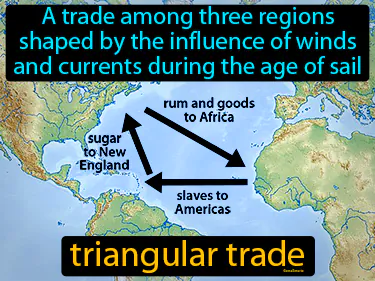
A trade among three regions shaped by the influence of winds and currents during the age of sail. Triangular trade. It was a historical trade system where goods and enslaved people were exchanged between Europe, Africa, and the Americas.
viceroy
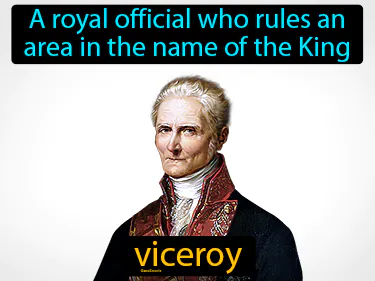
A royal official who rules an area in the name of the King. Viceroy. In History, a viceroy is someone who governs a colony or territory on behalf of a monarch.
